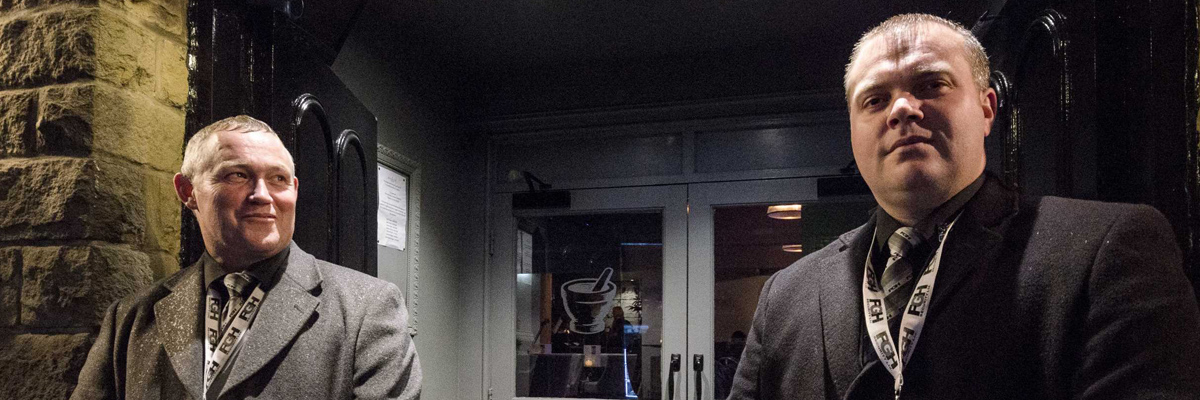Nightclubs, Apartment complexes, Businesses, and Malls can be sued for assaults, rapes, or any attack on their premises
You may have a case if you were harmed by any kind of attack on their property. These businesses must provide adequate security at their place of business.
In Timberwalk Apts., Partners v. Cain, 972 S.W.2d 749:
The Texas Supreme Court adopted an exception to the no-duty rule: A possessor owes a duty to use ordinary care to protect those who may be harmed by the criminal acts of third parties if the possessor knew or had reason to know of an unreasonable and foreseeable risk of harm.
Todd Webb is an experienced and skilled attorney who knows how to handle these cases and sue businesses for damages.
No win, no fee.
Contact Todd Webb to learn if you have a case:
713-LAW-4400
For example, if you are a nightclub customer who was attacked or assaulted anywhere on their property, the court may agree that the nightclub is liable and must pay for your damages.
Hire an attorney who is experienced and skilled at suing nightclubs, apartment complexes, and other businesses for damages. These cases can be challenging because nightclubs and apartment owners have their attorneys who know the law and they are paid to defeat you.
About the Timberwalk case (Timberwalk Apts., Partners v. Cain, 972 S.W.2d 749)
When a possessor has direct knowledge that criminal conduct is imminent, the unreasonableness of a risk of harm arising from criminal conduct on the premises will probably depend on the nature and condition of the premises and the immediately preceding conduct. In Del Lago Partners v. Smith, 307 S.W.3d 762, 770 (Tex.2010), the court found an unreasonable risk of criminal assault when the possessor, a resort, had actual and direct knowledge that a “violent brawl” was imminent between intoxicated patrons of its bar and had ample time-at least 90 minutes- to defuse the situation.
When a possessor has no direct knowledge that criminal conduct is imminent, the unreasonableness of a risk of harm arising from criminal conduct on the premises depends on whether (1) the particular criminal act was foreseeable and (2) the victim was foreseeable. Madison v. Williamson, 241 S.W.3d, 145, 152 (Tex.App.—Houston [1st Dist.] 2007, pet. denied).
For a possessor to have a duty to protect a person from the criminal acts of a third party, the risks of criminal conduct must have been foreseeable. The question is did the possessor know or should have known. The court may consider the following factors: previous crimes, proximity of crimes, recency of the crimes, frequency of the crimes, similarity of the crimes, and publicity of the crimes.
If you have been hurt at any business call Todd for a free case evaluation!
713-LAW-4400
We get paid only when we win.

